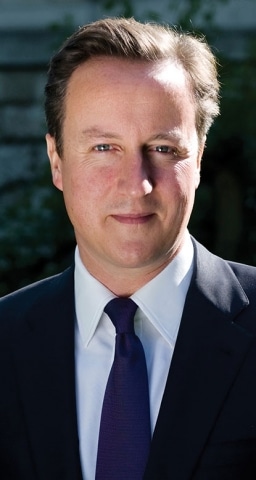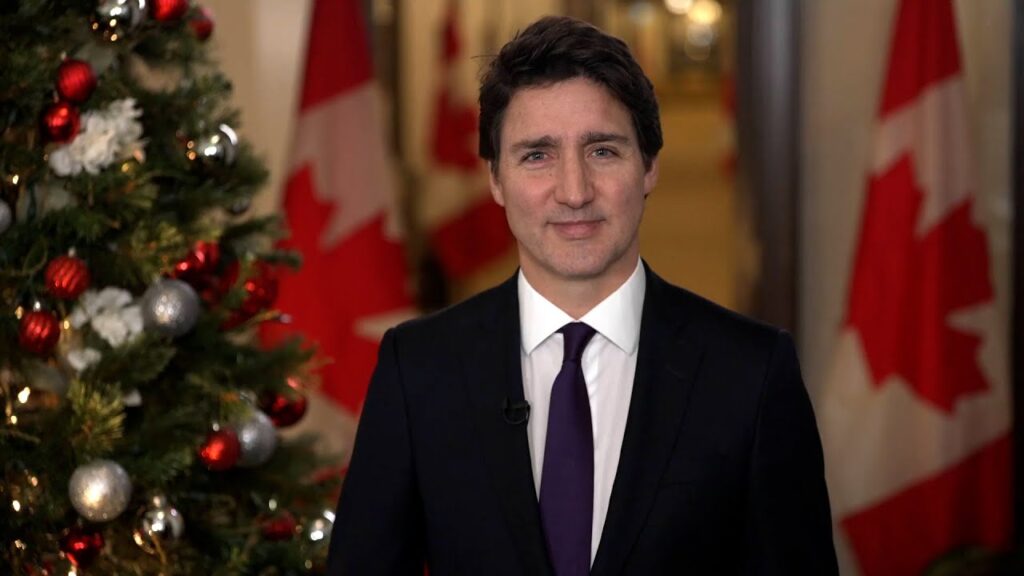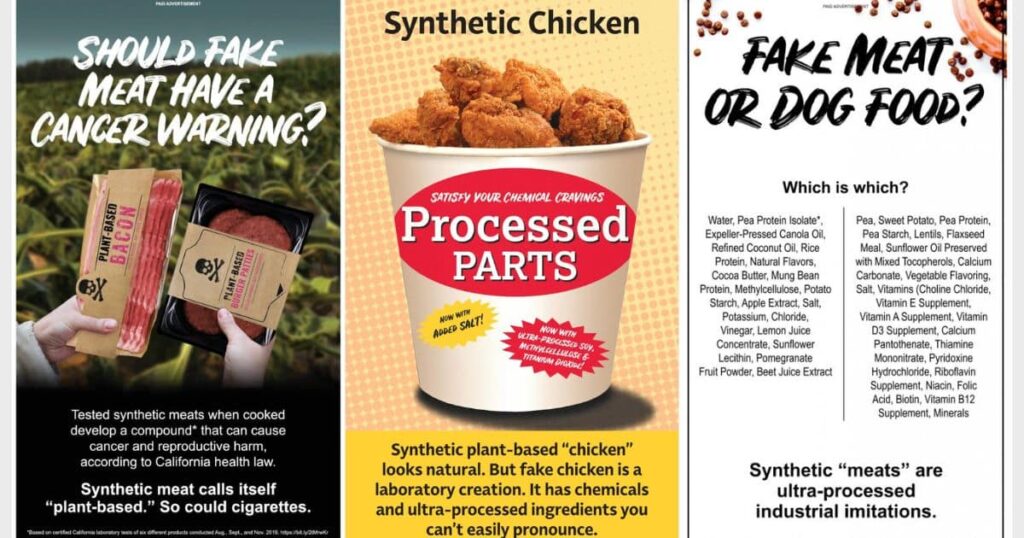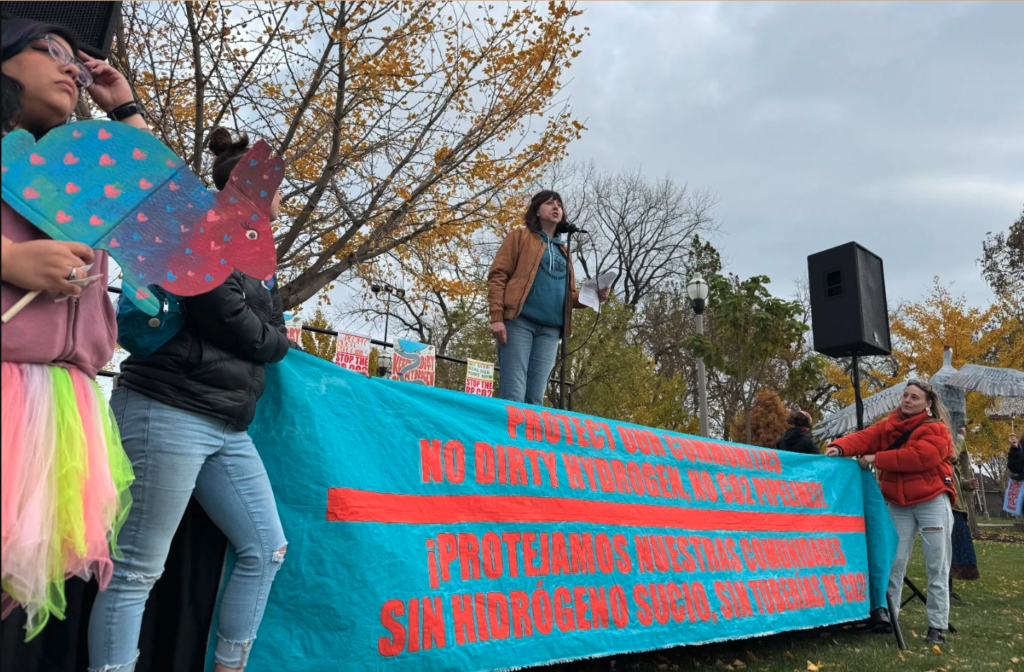David Cameron warned the Conservative party conference in his barnstorming speech that “the dangers of climate change are stark and very real” and “if we don’t act now, and act quickly, we could face disaster.”
This was, however, during his speech before delegates in Manchester in 2009, as the party readied itself for the 2010 general election when the arch-moderniser was promising voters they could “vote blue, go green.”
Today, in Birmingham, speaking under the banner Securing A Better Future, it appears that the Conservative leader had forgotten the sections of his speech where he evoked chaotic climate change and the threat to Britain’s green and pleasent land.
Precarious economic growth, the threat of terrorism and war in the Middle East, and the ever-present threat of welfare claimants, mean there are enough real and present dangers keeping the pinstripe suits nervously loyal, without having to worry too much about the planet.
The Prime Minister was also clearly preoccupied with a sexting scandal and the desertions from the Conservative party to right-wing rivals the UK Independence Party (UKIP)—including threats and defections among those who are furious with the leadership for supporting climate change policies.
The Conservatives are “detoxifying the Tory brand”, and appealing to Labour party values by promising more funding for the National Health Service rather than applying greenwash to their sky-blue backdrop.
Five years is an eternity in politics. The contrast between the Cameron speech of 2009 and that of 2014 is stark when viewed through the prism of environmentalism and climate change.
Back then, he said: “And to be British is to have an instinctive love of the countryside and the natural world. The dangers of climate change are stark and very real. If we don’t act now, and act quickly, we could face disaster.
“Yes, we need to change the way we live. But is that such a bad thing? The insatiable consumption and materialism of the past decade, has it made us happier, or more fulfilled?
“Yes, we have to put our faith in technologies. But that is not a giant leap. Just around the corner are new green technologies, unimaginable a decade ago, that can change the way we live, travel, work.
“And yes, we need global co-operation. But that shouldn’t be difficult. It just takes leadership, and that’s what we need at the Copenhagen summit this December.”
And then he added: “Let’s work together on the things where the EU can really help, like combating climate change, fighting global poverty, and spreading free and fair trade.”
The Conservatives failed to win the 2010 general election and were forced into an alliance with the Liberal Democrats to form a coalition government. The Lib Dems had even stronger climate policies, and some environmental charities were mildly optimistic about the future.
But today Cameron barely mentioned the threat of global warming. Around 56 minutes into an hour speech as he mostly repeated the main themes of the election pitch he said he would lead a country “that’s leading and not following on climate change.”
And then he added: “We’re making Britain proud again. Our exports to China doubling. Our car industry booming. Our aerospace expanding. Our manufacturing growing. We’re making Britain proud again. Car engines – not imported from Germany, but built down the road in Wolverhampton. New oil rigs – not made in China, but built on the Tyne.”
The agenda-setting speech came two days after George Osborne, the chancellor who promised to review the Climate Change Act, failed to mention global warming directly in his speech.
The man who controls Britain’s money promised a decision on a new runway in the South East, forcefully supported fracking for shale gas, boasted about keeping duties on fuel low, and also promised a new generation of nuclear power stations.
And Liz Truss, the secretary of state for environment, food and rural affairs, mentioned climate change only twice in her speech, compared to three headline-grabbing mentions of British cheese and four of apples.
Subscribe to our newsletter
Stay up to date with DeSmog news and alerts







